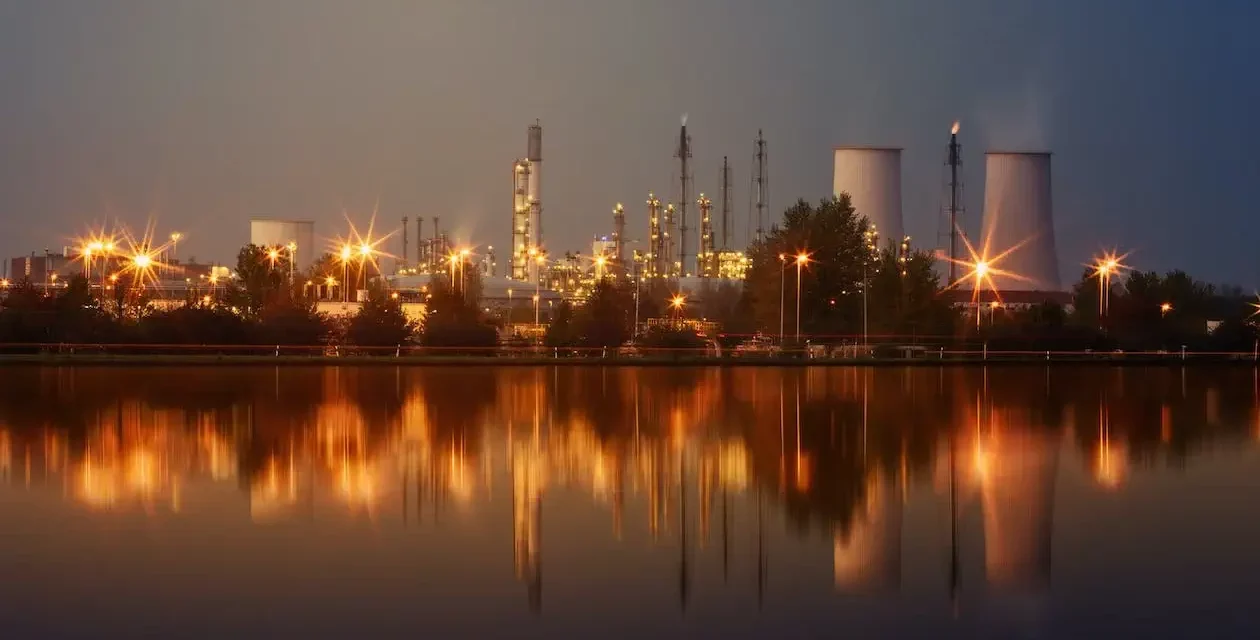Controversy Surrounds UAE’s COP28 Hosting
The UAE’s upcoming role as host of the vital COP28 UN climate summit is under scrutiny due to recent revelations. The Guardian reports that the UAE, which is set to hold the event in December, has not reported its methane emissions to the UN for almost a decade. Concerns have also emerged regarding conflicting targets set by the Abu Dhabi National Oil Company (ADNOC), the state oil company.
Unreported Methane Emissions Raise Alarm
Methane, a potent greenhouse gas responsible for a significant portion of global warming, mainly comes from fossil fuel use. Unfortunately, the UAE has not shared its methane emissions data with the UN, setting it apart from other oil-producing Middle Eastern nations. This lack of transparency hampers global efforts to manage emissions.
Conflicting Targets and Leadership Concerns
Sultan Al Jaber, CEO of ADNOC and slated president of COP28, has the task of guiding countries toward climate action. However, revelations about unreported emissions and ADNOC’s expansion plans have led to criticism of his credibility. Critics argue that this undermines the UAE’s leadership role in addressing climate change.
ADNOC’s Targets Under Scrutiny
ADNOC’s methane leak goals for 2025 have come into question. A Harvard University study reveals that these targets exceed the achievements of Qatar and Saudi Arabia in 2019. The same study highlights the UAE’s methane leaks in 2019 at 3.3%, citing infrastructure issues as a contributing factor.
Inconsistencies in Reporting
ADNOC’s reporting of methane emissions presents inconsistencies. Although the company reported 38,000 tonnes of methane emissions from upstream oil and gas activities in 2021 (representing 3% of the UAE’s total emissions from such activities), data contradicts this. ADNOC’s responsibility for 62% of all upstream oil and gas operations in the UAE raises concerns.
Limited Scope of “Net Zero” Ambitions
ADNOC’s “net zero” emissions target for 2045 is under scrutiny for excluding emissions from oil and gas consumption. This exclusion raises doubts about the company’s dedication to addressing its entire carbon footprint.
Insufficient Climate Pledges and Criticism
The UAE’s national climate pledges have faced criticism for allowing rising carbon emissions until 2030. Independent experts have deemed these commitments inadequate in combating climate change. This adds to the criticism surrounding the UAE’s hosting of COP28.
ADNOC’s Response and Collaboration
In response to criticism, ADNOC commits to achieving zero methane emissions by 2030, aiming to surpass the 0.15% target by 2025. The company emphasizes collaboration and innovation to address scope 3 emissions, collaborating with customers to transition to alternative energy sources.
Image Enhancement Efforts and Concerns
The UAE’s attempts to improve its image as COP28 host include hiring a PR company. However, concerns linger regarding the UAE’s human rights record and alleged use of AI-generated bots to support Al Jaber on social media.
Ramifications for COP28 and Environmental Responsibility
As the world anticipates COP28 for substantial climate action, the UAE’s unreported methane emissions and conflicting goals have profound implications. The lack of transparency and the country’s focus on expanding oil and gas production challenge its leadership in addressing the climate crisis.










